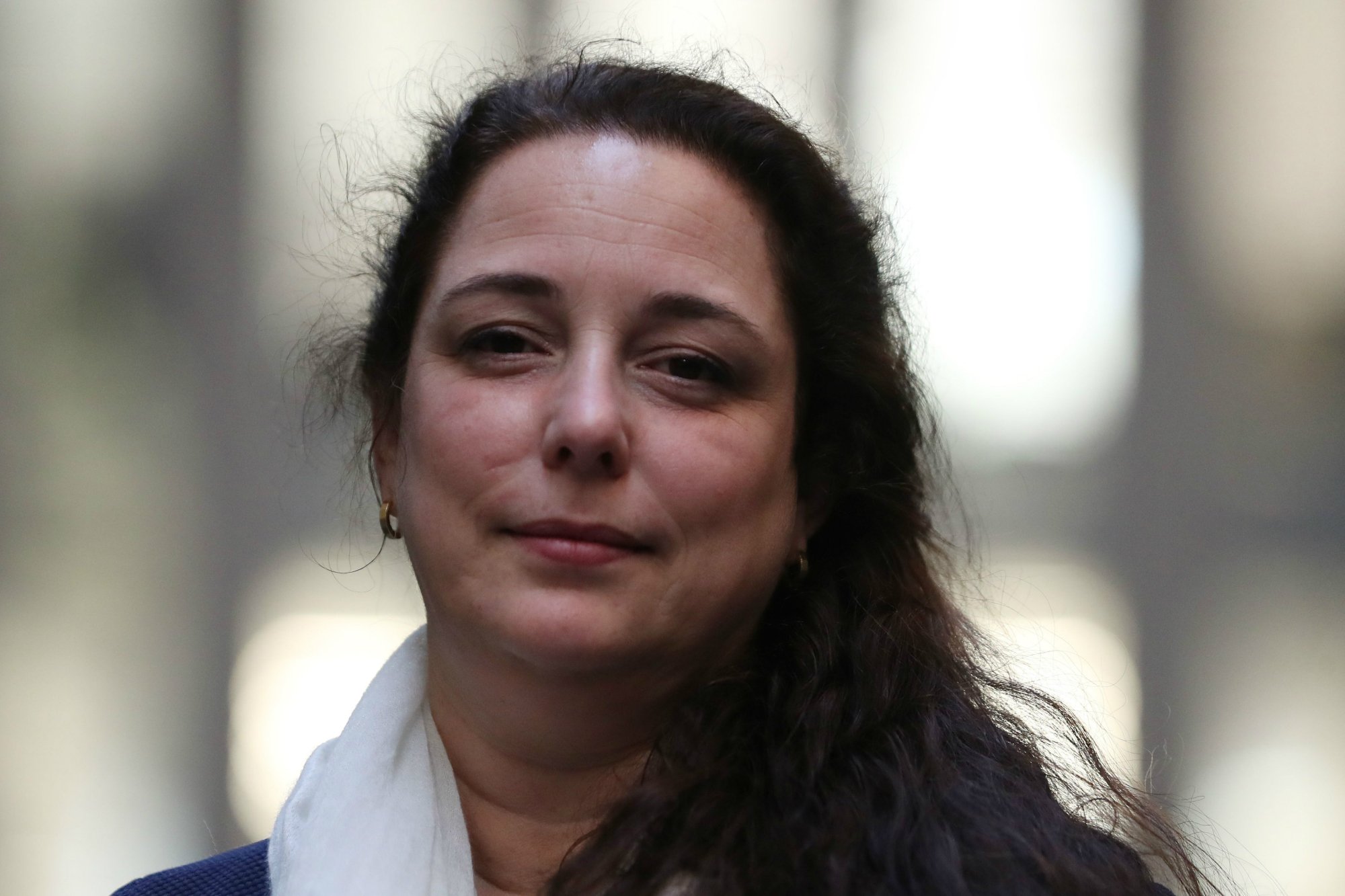
International support and concern is growing for Tania Bruguera and fellow Cuban artist-activists who were detained by police in Havana for peacefully protesting against a law increasing state censorship. The directors of the Tate and Tate Modern were quick to speak out in solidarity with the Cuban artists after news broke of their first detention on Monday, December 3.
Frances Morris, the director of London’s Tate Modern, where Bruguera’s commission fills the Turbine Hall, tells artnet News: “Everyone here is deeply concerned about these artists’ freedoms—and their whereabouts—and we passionately support their right to express their ideas freely.” Morris added that the arrests in Cuba “are a stark reminder” of the threats that artists face around the world. The director of the Tate, Maria Balshaw, also spoke out in solidarity with Bruguera during the televized broadcast of the 2018 Turner Prize award ceremony last night, December 4.
This is not the first time the Cuban authorities have detained Bruguera. Before heading to the Ministry of Culture to take part in a peaceful protest of poetry readings and performances, she posted a message on social media threatening to go on a hunger and thirst strike if detained again. artnet News understands that she has been detained and released more than once over the past two days. She returned to the ministry when fellow artists were not released immediately, including this morning, Wednesday December 5.
Bruguera’s fate, and that of her fellow activists, the organizers of the Bienal de La Habana, Luis Manuel Otera Alcantar, Yanelys Nuñez Levya, as well as the artist Michel Matos, and the poet Amaury Pacheco, was unclear yesterday. Brugera’s sister told Frieze magazine that they had begun a hunger strike. Pacheco and Matos are believed to have been released yesterday night, and are continuing their hunger strike in their homes. Alcantar and Levya are still missing, at the time of publication.
The nonprofit Index on Censorship said in a statement that it fears for the artists’ well-being after reports of threats of violence by state security. “There [was] a heavy police presence at the homes of artists who said they would be participating in the peaceful protest in front of the Ministry of Culture,” Index said.
Many among Cuba’s creative community are concerned that the new legislation, which is called Decree 349 will have a chilling effect on the island’s cultural life and already limited artistic freedom. Decree 349 is the first to be enacted by Raul Castro’s successor as the Cuban president, Miguel Diaz-Canel, Due to come into force on Friday, it means cultural productions will need government approval. Amnesty International called it a “dystopian prospect,” for Cuban artists.
Today, the Tate Neighbours, a group of local volunteers who worked with Bruguera on her interventions in the gallery’s Turbine Hall, plan to gather in the vast space. There will be an open microphone for anyone who wishes to to express their solidarity with the Cuban artist.
Before Bruguera left London to return to Cuba via New York, where she lives, she posted a photograph on Instagram of herself at the Tate Neighbours group. They are all wearing t-shirts with the slogan “No al Decreto 349” (No to decree 349.)